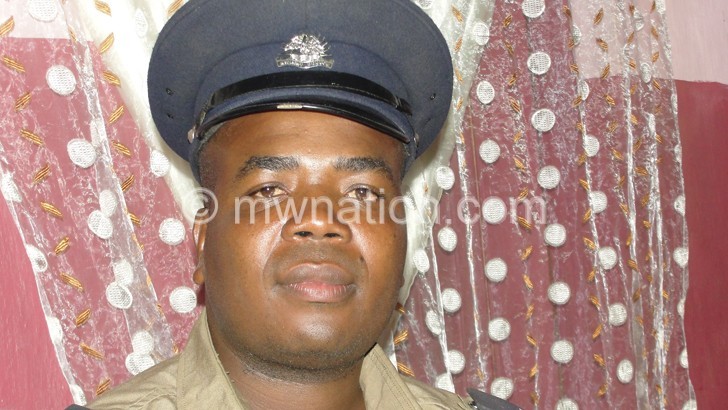Analysts query JB’s foreign trips
 As Malawi President Joyce Banda clocks two weeks on her current foreign travel, analysts have raised questions over the value of the trips to the country. The trips have taken the President to Ethiopia, Dubai, Japan, China, UK and Switzerland. Chancellor College political scientist Dr Blessings Chinsinga said the President lacks a clear strategy of what she seeks to achieve through her foreign travel.
As Malawi President Joyce Banda clocks two weeks on her current foreign travel, analysts have raised questions over the value of the trips to the country. The trips have taken the President to Ethiopia, Dubai, Japan, China, UK and Switzerland. Chancellor College political scientist Dr Blessings Chinsinga said the President lacks a clear strategy of what she seeks to achieve through her foreign travel.
Chinsinga said although there could be merit in the President’s trips as she tries to position the country to benefit from relationships with other nations, the major problem is that Malawi has not developed strategies that would help it derive tangible benefits from its engagement with other countries. He also said the trips are ill-timed, especially coming at a time government is preaching the message of austerity. “We might not get the benefits we are supposed to as we need to think clearly what we want to achieve like how the investments we are claiming are helping the country. The investments already available have not been implemented in a way beneficial to the country.
“It goes beyond bureaucracy by thinking about what had to be done. Of course, the immediate reaction to these trips will be that they are ill-timed as they come at a time the country is going through economic hardships, particularly looking at the size of the [presidential] entourage which is bound to be costly.
Austerity measures must be observed at all levels,” said Chinsinga. Executive director of the Malawi Economic Justice Network (Mejn) Dalitso Kubalasa said the problem with the President’s trips is that they are shrouded in secrecy. He said this raises unwarranted questions and speculation. “We want to believe that these are important fora for all of us. [But we] bemoan the lack of transparency and accountability surrounding such important functions and engagements.
“It is a foregone conclusion that there are so many important fora and engagements of all forms, sizes and shapes for Malawi to benefit from at different levels, be it at the African Union (AU), in Dubai, Tokyo International Conference on African Development (Ticad) in Japan, China cooperation, G8, etc. “It is also a fact that there are huge cost implications for the Malawi taxpayers with all these trips and engagements; most of them probably very noble and justifiable if the cost-benefit analysis was to be transparently laid bare for all to appreciate. Why, for instance, should government hide such important information if it is actually beneficial and worthy such huge investments in external travel costs against the opportunity cost of funding some essential public sector services?” queried Kubalasa.
But Minister of Information and Civic Education Moses Kunkuyu defended the presidential trips, saying their benefits are evidenced in the grants and contracts the President has secured for the country. “All the trips she is undertaking are funded. It is not always that government shoulders responsibility. If it does, it is usually minimal. “We do not lose much, but if anything, gain from them. We have to accept that we are still dependent on donors for budget support and aid; hence, we should make ourselves visible at all times when an opportunity arises,” he said. Kunkuyu said in the UK the President was expected to make a presentation at the G8 summit.
He said from the UK, Banda would proceed to Geneva in Switzerland tomorrow to address the International Labour Organisation (ILO). The President left the country on May 24 for the AU summit in Addis Ababa, Ethiopia, where she was elected to champion HIV, malaria and tuberculosis (TB) in Southern Africa. She then travelled to Dubai and Japan before leaving for the UK. President Banda’s travel, both local and foreign, has always been a controversy issue in Malawi. Critics have accused her of wasting taxpayers’ money at a time the country needs the resources. In the proposed 2013/2014 National Budget, the allocation for internal travel has risen by 108 percent from about K16 billion in the 2012/13 fiscal year to K33 billion.





